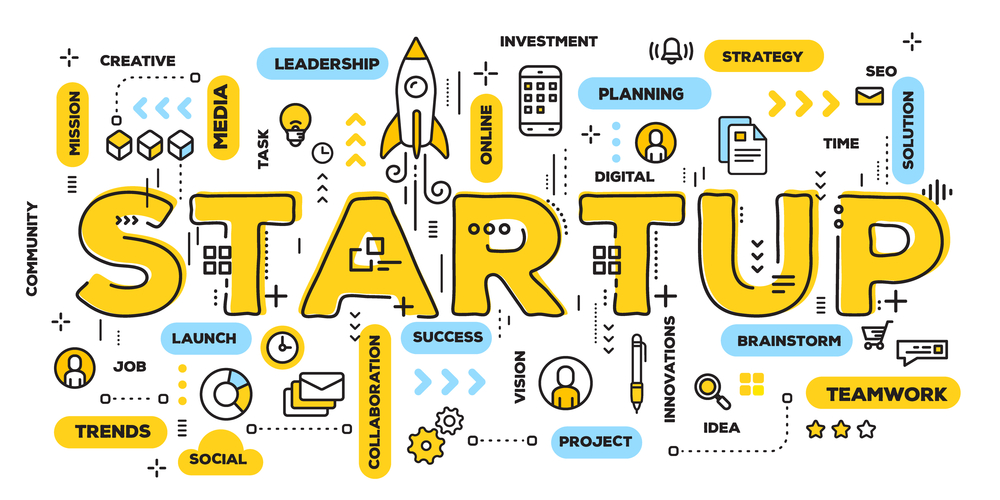What are Start-ups?
Start-ups are the companies or ventures in the initial stages of Operations. They are founded by one or more entrepreneurs who believe in an idea or product or service to have a huge potential and demand in the future. Usually, we have seen these start-ups to aggressively acquire customers completely neglecting the concept of building a profit-making company in the short-run. However, they do have a long-term goal of achieving breakeven & become profitable after having a huge clientele in the foreseeable future. This requires a huge cash burn in the initial stages that is why they look for capital from a variety of sources such as Angels, Venture Capitalists.
How to Invest in Start-ups?
There are majorly two ways through which you can invest in Start-ups.
Direct Investment: Look for the start-ups near your circle & if you believe in the idea/product or the person behind the idea/product then go and directly talk to the management and invest in the company. However, this method requires huge amount of Investment as there is cap on maximum how many shareholders a private company can have (i.e,200) & start-ups don’t prefer filling this list by accepting small investments. The minimum investment in this method may be in Lacs if not in Crores.
Private Equity Fund: Look for the Fund that Invests in the start-ups. In this way you won’t be investing directly in the start-ups & won’t be receiving the physical share certificates of the company. Instead, you will have the units of the fund you will invest in. This method requires comparatively less amount of investment, better liquidity & wide range of start-ups already proven their capabilities. However, they charge a huge bite to manage your fund & why not.
When to Invest in Start-ups?
There are various stages in the funding of start-ups. The later you invest, the lesser the risk & costlier the investment. You must choose as per your risk appetite.
Pre-Seed Funding: This stage of funding comes so early in the process that it might not count in the round itself. Generally, investors in this stage are the founders themselves as well as close friends, supporters & families and most probably there is not an exchange of equity at this stage. The funds collected is spent on the laying of ideas to the ground & start the operations.
Seed Funding: It is the first official stage of equity funding. Here comes the role of angel investors, incubators & venture capitalists where they love investing in riskier (but little proven track record) ventures and expect a stake in the equity of the company. A seed funding round is generally seen to have produced $10000 to $2 millions & the companies valued at this round are valued at somewhere between $3 million to $6 million.
Series A Funding: In order to further optimize its user base and product offerings, a company may go for series A funding once the user base has been established & revenues are consistent. It is seen that companies approximately raise $10 million to $15 million in a series A funding and companies are valued at $20 million to $25 million. The investors involved in the Series A round come from more traditional venture capital firms. Well-known venture capital firms that participate in Series A funding include Sequoia Capital, Benchmark Capital, Greylock and Accel Partners. Sometimes we see few venture capital firms leading the round & rest Anchor Investors follow.
Series B Funding: After proving the investors through series A and achieving the substantial client base, there are still funds required to spend on business development, sales, advertising, tech, support, and employees. Series B appears similar to Series A in terms of the processes and key players. Series B is often led by many of the same characters as the earlier round, including a key anchor investor that helps to draw in other investors. The difference with Series B is the addition of a new wave of other venture capital firms that specialize in later-stage investing. companies approximately raise $30 million to $40 million in a series B funding and companies are valued at $30 million to $60 million.
Series C Funding: Companies who have completed series A,B funding rounds are already quite successful & have proven their abilities. Companies usually go for this round to develop new products, expand into new markets and majorly to acquire other competitors. With this round, companies ensure that it keeps on growing rapidly & remains in the business for the long term. Investors participate in this round to bet on a already successful business to double their capital when they go for an IPO.

